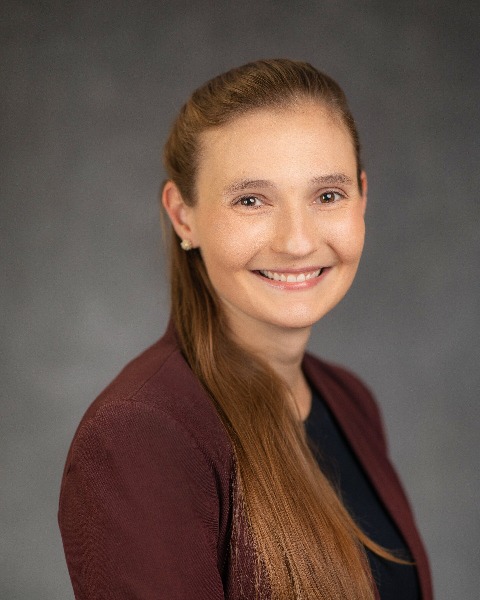Career Development
Core Curriculum for Fellows
Diversity, Equity, and Inclusion
Leadership and Business Training
Medical Education
Quality Improvement/Patient Safety
Trainee Track
Choosing Your Words Carefully: Strategies for both Individuals and Systems to Mitigate Implicit Bias in Narrative Assessments
-

Rachel Poeppelman, MD, MHPE (she/her/hers)
Assistant Professor
University of Minnesota Masonic Children's Hospital
Minneapolis, Minnesota, United States -
AV
Anna Volerman, MD (she/her/hers)
Associate Professor of Medicine and Pediatrics
University of Chicago
Chicago, Illinois, United States -

Justin Triemstra, MD, MHPE
Assistant Professor of Pediatrics and Human Development
Pediatrics
Spectrum Health/Michigan State University
Grand Rapids, Michigan, United States -
LM
Lauren McPherson, MD, MPH, MAT (she/her/hers)
Fellow
University of Minnesota Medical School
Minneapolis, Minnesota, United States
Leader(s)
Co-Leader(s)
Workshop
Description: There is a pressing need to increase diversity in medicine and to better support diverse trainees. The presence of implicit bias on the basis of gender and race in the assessment of medical students and residents is well documented. This bias not only threatens the validity of assessment data and the high-stakes decisions made based on it (e.g., awards, chief resident), but also impedes the professional development and advancement of diverse trainees (e.g., faculty positions, promotion). In this workshop, participants will learn how to recognize common trends in narrative assessment data reflecting bias, as identified in the literature. We will review best practices of feedback from the literature which can be applied to both written and verbal narrative assessment (e.g specific comments, a focus on directly observed actions). Participants will then share personal or professional experiences with implicit bias in assessment and practice identifying and mitigating bias in real- world narrative comment examples. They will then learn strategies from the education and business literature coupled with the practical experience of the facilitators for mitigation of bias on a system level and apply them to develop a comprehensive, systemic approach to assessment bias for their own institution. At the conclusion of the workshop, participants will have developed practical approaches to mitigate bias both individually and systematically with relevant action steps that they can apply upon return to their institution.
Learning Objectives:
- 1) Recognize trends in narrative assessment of medical trainees reflecting gender or racial bias
- 2) Apply best practices in feedback to the issue of bias in assessment
- 3) Formulate a strategy to mitigate assessment bias for pediatric trainees at your institution
